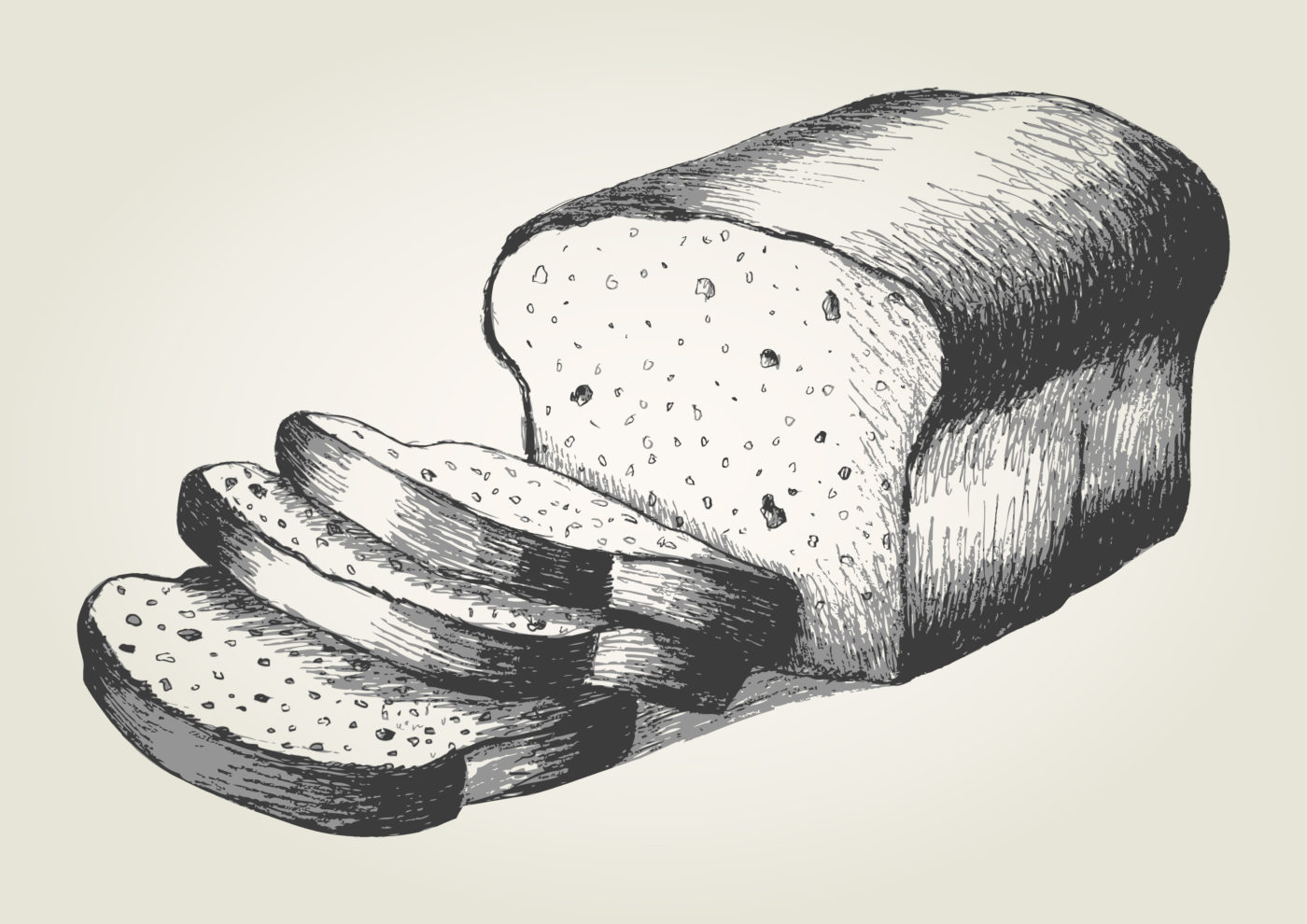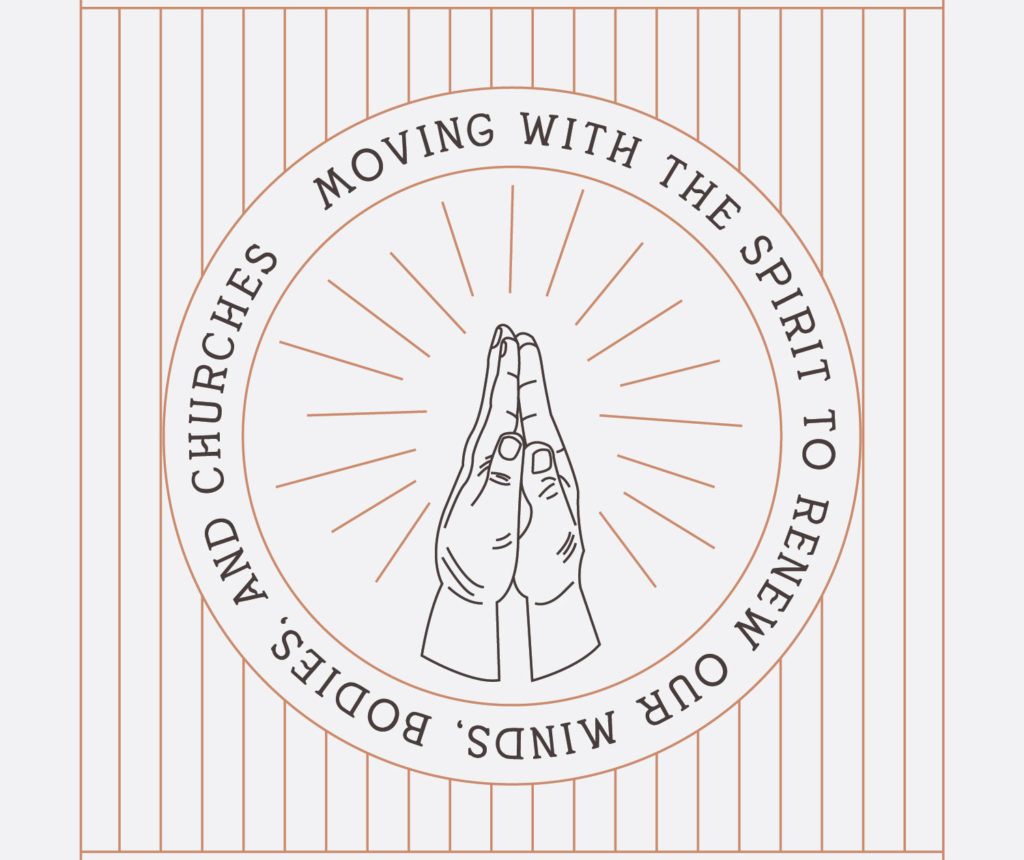
Lord’s Prayer: How Can We Pray for Our Daily Bread?
If you’re looking for general advice on prayer, the first thing the Lord’s Prayer says is to center yourself on eternity. Paradoxically, the second thing it says is that the small stuff matters. I guess that’s one advantage of being an infinite being—nothing is too big for God, but nothing is too small for him, either. Yes, God has a 50,000-ft. perspective, but he has an on-the-ground perspective, too. Heck, there’s a whole book of the Bible about building a wall. That may not seem earth-shattering to us, but it was pretty important to the people who lived there.
Indeed, the little stuff may seem insignificant, but that’s what the earth-shattering stuff is built on. As Zechariah warns, do not “despise the day of small things” (Zech. 4:10).
Jesus is definitely centered on eternity. And yet, in Matthew 6, he is clearly concerned with our practical, material needs (Matt. 6:25-34; 7:9-11). Christianity doesn’t say that we should ignore or somehow transcend the physical. Christianity is an incarnate religion. We just need to keep physical things in the right perspective.
“Christianity is an incarnate religion. We just need to keep physical things in the right perspective.”
So the second part of the Lord’s Prayer says, “Give us today our daily bread” (Matt. 6:11). True, we don’t know exactly what the word for “daily” means. It’s never used anywhere but here and in Luke’s version of the Lord’s Prayer (Luke 11:3). (Seriously, some 2nd century church fathers who spoke Greek thought the Gospel writers just made it up!) But, in just a few verses, Jesus will talk about literal, physical bread. Matthew says to give us this bread “today,” and Luke says “each day.” So there’s no need to get fancy with it. It’s the stuff we physically need for the present moment.
Looking at this from an American standpoint, I’m not sure whether to laugh or throw up. Once you’ve been in a “house” that was built by hand from a mixture of dirt and cow dung, you can’t avoid the reality that we Americans are stupidly, obscenely rich. How can a middle-class American possibly pray this prayer with a straight face? Or with any integrity?
First, we could take “bread” just a little bit metaphorically. Maybe food usually isn’t a problem for us. But, like Jesus says, each day still has enough troubles of its own (Matt. 6:34). When life gets overwhelming, we can still experience this prayer as a prayer of dependence. We recognize that the only way we’re going to make it is with God’s help. The good news is that, whatever struggle we face—big or small—he cares. So I often like to paraphrase this prayer, “Give me the strength I need to make it through today.” (I call this the “parents’ prayer.”)
“When life gets overwhelming, we can still experience this prayer as a prayer of dependence.”
But even if we draw the focus back to our actual material needs, we can still pray this prayer as a prayer of gratitude. When God was about to lead his people into the promised land, his advice was not that they shouldn’t live comfortably, but that they shouldn’t forget where it all came from (Deut. 8:10-16).
“You may say to yourself, ‘My power and the strength of my hands have produced this wealth for me.’ But remember the LORD your God, for it is he who gives you the ability to produce wealth.” (Deut. 8:17-18)
Sure, we worked a job to earn the money to put the food on the table, but who gave us the job? Who gave us the strength and ability to do it? We like to pretend that there’s some simple equation for success—something like “hard work + determination = success.” We don’t like to admit that there are way more variables at play. Far more than we could ever hope to control. When we look at the food on our table, we can remember that it’s only there because God took care of those variables for us.
Now, the necessary companion of gratitude is contentment. You’re only happy with something when you feel like it’s enough. Because you have it, you’re good.
“The necessary companion of gratitude is contentment. You’re only happy with something when you feel like it’s enough.”
That’s a problem. As Americans, contentment is not our thing. I’ve actually heard Thanksgiving referred to as “the day before Black Friday.” Thanksgiving is about being content with what you have. Black Friday is not. Which one gets more attention?
We want more. In fact, we can’t hardly wait to throw away what we have so we can get the newest model. We want everything bigger, smaller, better, faster, with more cycles, better optimized, in this years’ color, with bacon. Americans account for 5% of the world’s population, but consume enough to produce half of the world’s solid waste. If God did only give us our daily bread—just what we actually needed for that day—we would FREAK OUT!
We are trained to look for more. To demonstrate this: think of the last time you wandered through a store wondering, “What might be nice to have?” Now, think about the last time you wandered through your house wondering, “What could I do without?” Perhaps we could take this prayer as a chance for re-evaluation. How much do we really need? Paul learned to be content whether he had a lot or a little (Phil. 4:12). With our warped perspective of our possessions, we can’t seem to manage either.
“Perhaps we could take this prayer as a chance for re-evaluation. How much do we really need?”
But this prayer for our daily bread confronts our excess in even darker ways. There is moral ambiguity in how we got what we have.
That’s putting it too nicely.
There is moral horror in how we got what we have. Follow the supply chain far enough, and we find things that are not consistent with our values. How much of our food industry depends for its survival on undocumented, and totally unprotected, workers? Heck, there’s a very real chance that your iPhone was made with Uyghur forced labor. To say that our luxury is built on the backs of slaves is not just a historical observation. It is a present one. We are complicit in a system that is thoroughly of this world and not of the Kingdom of God. Thankfully, the prayer for our daily bread can anticipate the very next line in the Lord’s Prayer. It can become a prayer for forgiveness.
But this leads us to perhaps the best way for a middle-class American to pray, “Give us this day our daily bread.” Re-define “us.” Remember, the 1st person pronouns in the Lord’s Prayer are all plural. This prayer can become a prayer of solidarity.
Who is “us”? Include in “us” the people who may not get their daily bread. Include the pastors imprisoned in Eritrea for their faith. Include communities of believers in rural Africa whose way of life is being decimated by a changing culture and climate. Include the Southeast Asian girls who are lost in the system of human trafficking. They are all “us.” There are plenty of people in this world in danger of not getting their basic, physical needs met. We pray this prayer best when we stand and pray with them.
“Include in ‘us’ the people who may not get their daily bread.”
So there are several ways we can pray this prayer—seriously and sincerely. We just need the perspective of the one we are praying to. One that knows that we depend on him, one that recognizes what he has given and appreciates it, one that wishes we didn’t get what we have in a way that dishonors him, and one that widens the circle of those we wish could receive. God is the giver of good gifts. Once our perspective begins, not with our possessions, but with him, we’ll be able to receive them.









